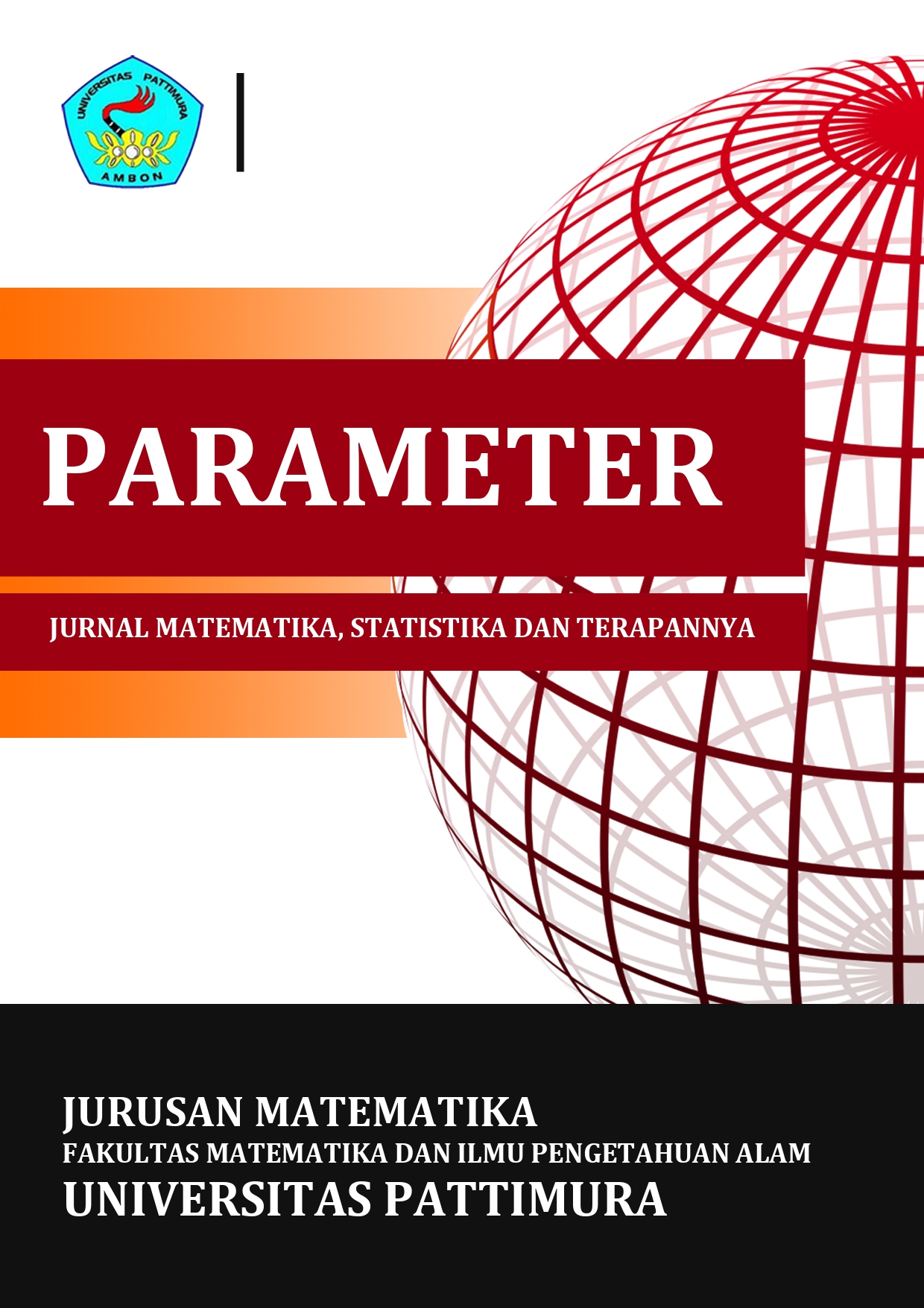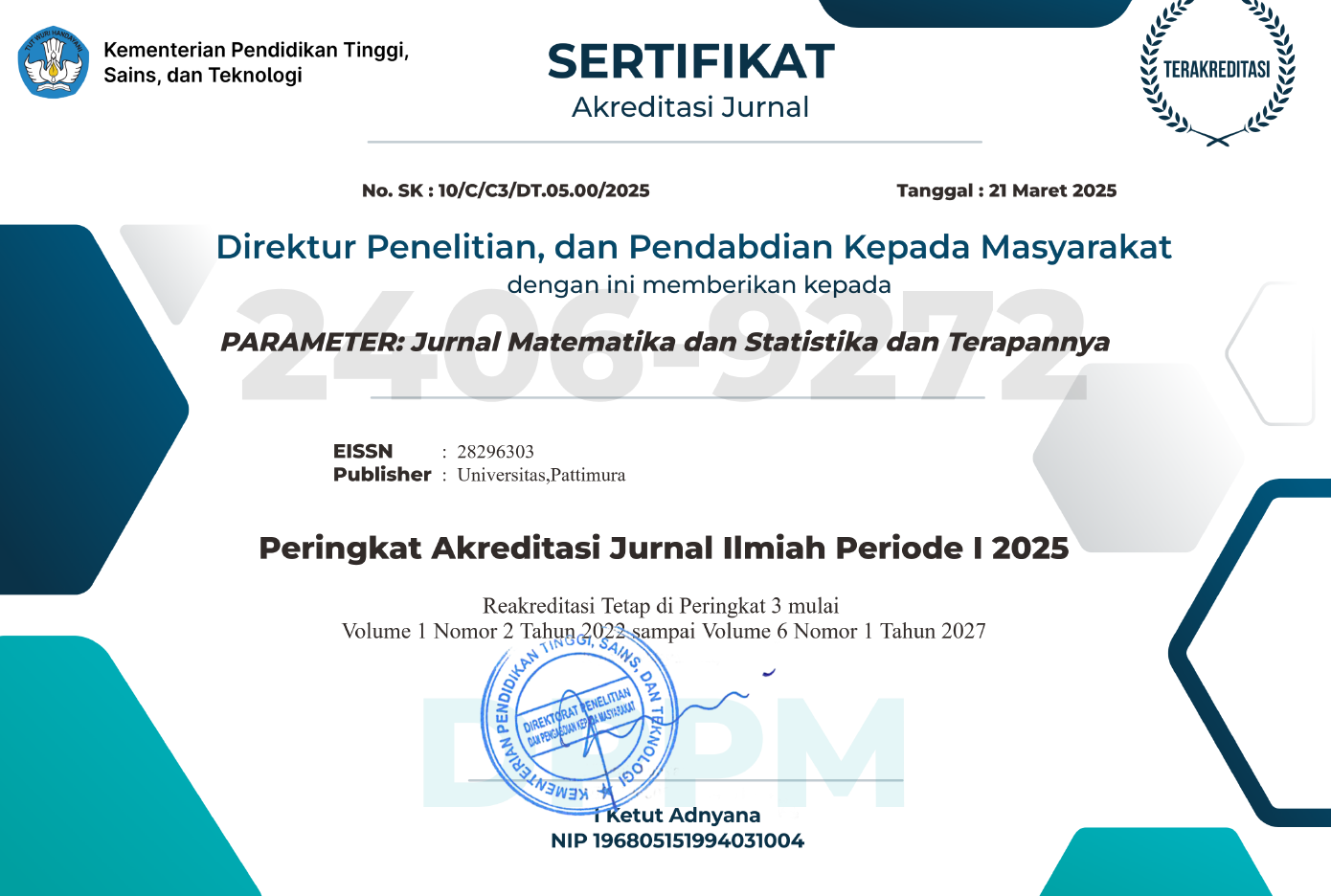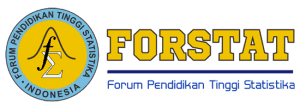ORDINAL PROBIT REGRESSION MODELING ON THE HUMAN DEVELOPMENT INDEX MALUKU AND NORTH MALUKU PROVINCES
Abstract
This study examines the factors influencing Human Development Index (HDI) in Maluku and North Maluku Provinces using ordinal probit regression. Secondary data are employed to identify key socio-economic variables affecting HDI levels. Model selection is based on the Akaike Information Criterion (AIC), Schwarz Bayesian Information Criterion (SBIC), and R² values, while the Likelihood Ratio (LR) test is used to evaluate the significance of parameters. The findings reveal that expected years of schooling (X₂) is the most significant factor in determining HDI categories. The model that includes only this variable yields the lowest AIC and SBIC values and shows a significant LR test result. Furthermore, the negative regression coefficient indicates that an increase in expected years of schooling raises the probability of a region achieving a higher HDI category. These results underscore the crucial role of education policies in promoting human development. Future research is encouraged to incorporate economic, health, and infrastructure variables to provide a more comprehensive understanding of the factors influencing HDI.
Downloads
Copyright (c) 2025 Emanuel Marthen Embuai, Rosalina Salhuteru, Marsa Sopaheluwakan, Ronald J. Djami

This work is licensed under a Creative Commons Attribution-ShareAlike 4.0 International License.




















